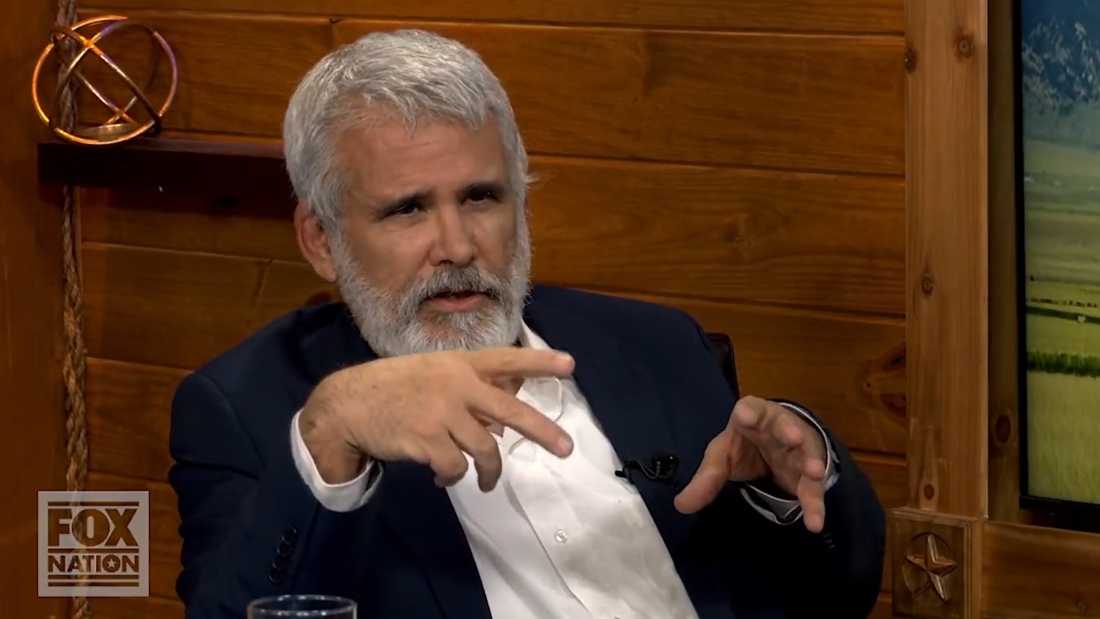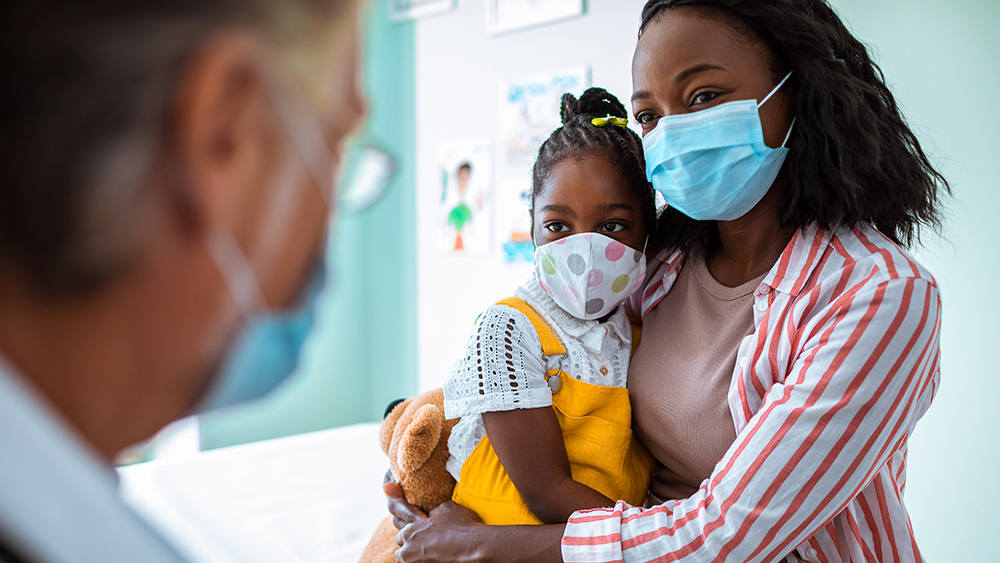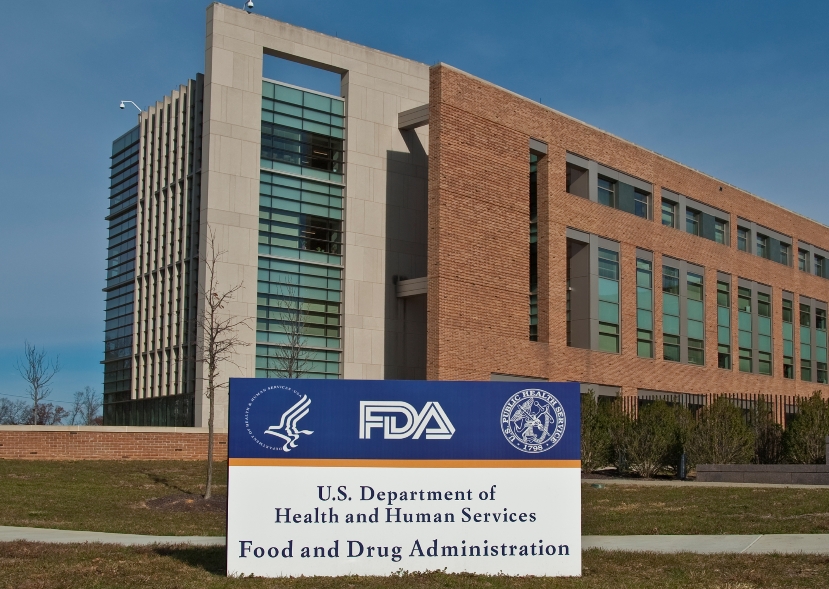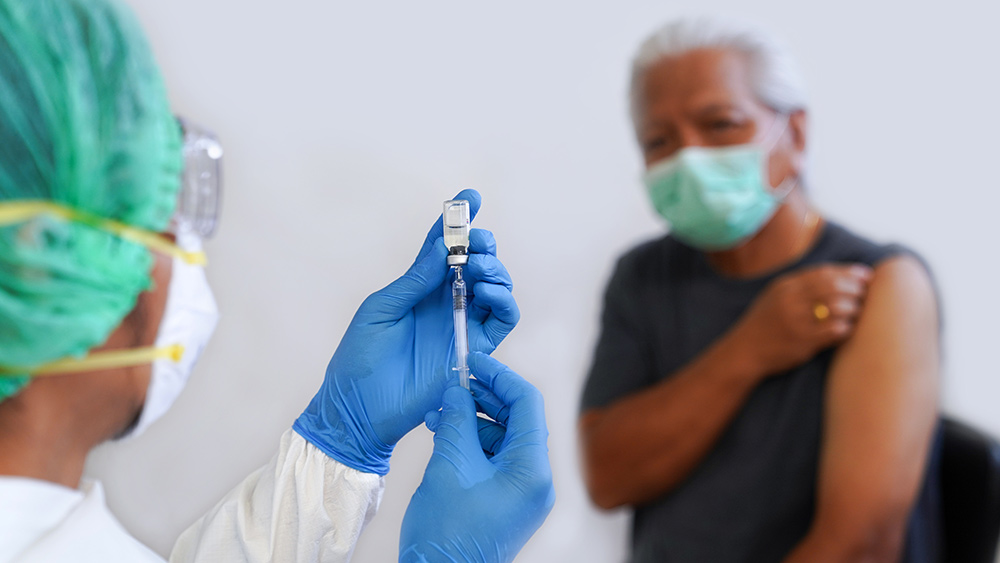The public has until March 12 to ask the EPA to ban or restrict glyphosate
02/17/2021 / By Divina Ramirez
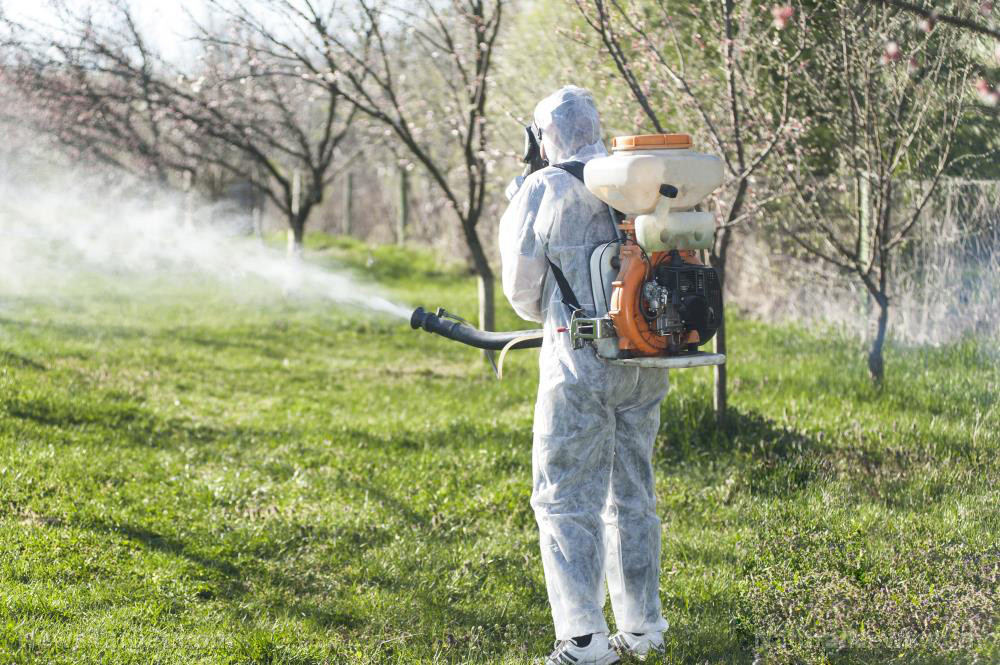
Glyphosate, a popular herbicide in the United States, is classified as a probable carcinogen for humans. Yet the U.S. Environmental Protection Agency (EPA) has held off on regulating the use of the herbicide. The EPA is currently accepting comments from the public until March 12 on whether or not to restrict or ban its use.
But the many studies on glyphosate have little to offer in the way of support for its continued use, especially on crops meant for human consumption. Last December, the agency even released a report that showed how glyphosate harms 93 percent of plants and animals protected by the Endangered Species Act (ESA).
And as glyphosate continues to appear in many food products, drinking water supplies and oceans, experts say it may very likely pose a significant threat to human health despite claims to the contrary.
Glyphosate harms nearly all endangered species
Glyphosate is the most used herbicide in the U.S. It is commonly sprayed on commercial crops like oats, beans, corn and soy. Glyphosate has also long been regarded as harmless to animals.
But according to a draft biological evaluation that the EPA released last November, glyphosate likely harms 93 percent of roughly 1,800 plants and animals protected by the ESA, including 96 percent of their habitats.
In the U.S. alone, farmers use about 280 million pounds of glyphosate every year. The general public also uses glyphosate to kill weeds on their lawns. Glyphosate is also used heavily on schoolyards, forests and even rangelands. So it is hardly surprising that glyphosate has apparently been harming wildlife and habitats.

According to the EPA’s report, glyphosate may adversely affect the following:
- 940 endangered plant species
- 185 endangered aquatic invertebrate species
- 179 endangered fish species
- 140 endangered terrestrial invertebrate species
- 88 endangered bird species
- 75 endangered mammal species
- 36 endangered amphibian species
- 33 endangered reptile species
The EPA has asked the public for comments after releasing their findings. Officials plan to consult with federal agencies to determine how best to protect endangered plants and animals from glyphosate exposure.
Glyphosate exposure linked to cancer
Unfortunately, the EPA has had a wishy-washy approach to regulating the use of glyphosate with regards to its reported adverse effects on human health. In its report, the agency said glyphosate is not likely carcinogenic to humans.
However, the International Agency for Research on Cancer (IARC) determined that glyphosate was a probable human carcinogen in 2015. The EPA had even agreed with this classification before it backtracked. Last October, it approved the use of Bayer AG’s glyphosate-based weedkiller Roundup for the next five years.
Given the EPA’s inconsistencies regarding its verdict on glyphosate, the advocacy group Center for Food Safety (CFS) filed a lawsuit against the agency last March in the Ninth Circuit Court of Appeals. Representing a broad coalition of farmers and conservationists, the CFS seeks to have glyphosate prohibited from use or sale to protect users from its adverse effects.
Last December, the CFS filed its opening arguments and evidence in its litigation challenging the EPA’s approval of the controversial herbicide. (Related: Mexico bans GM corn, plans to phase out imports and the use of Monsanto’s glyphosate.)
But that is not the first time that glyphosate became the subject of a lawsuit. When the German pharmaceutics company Bayer AG acquired the agrochemical company Monsanto in 2018, it also acquired thousands of lawsuits against Monsanto from farmers and customers that alleged Roundup gave them cancer.
Christine Sheppard, one of over 800 cancer patients who sued Monsanto, said she used Roundup to eliminate weeds in her coffee farm in Hawaii before falling ill in 2003. Physicians later found several enlarged lymph nodes inside her. She was diagnosed with stage 4 non-Hodgkin’s lymphoma and was forced to stop farm work.
Former school groundskeeper Dewayne Johnson also sued Monsanto after he was diagnosed with the same disease. He used Roundup to maintain school grounds and sports fields. In 2018, a judge ordered that Monsanto pay Johnson $289 million after a jury ruled that glyphosate caused Johnson’s cancer.
Go to Glyphosate.news for more articles on the health and environmental impacts of glyphosate.
Sources include:
Submit a correction >>
Tagged Under:
agriculture, Ecology, environment, glyphosate, herbicides, Roundup, toxic chemicals
This article may contain statements that reflect the opinion of the author

